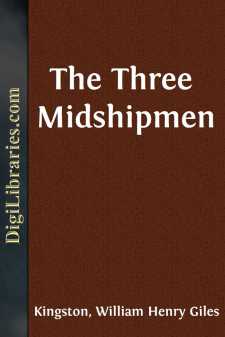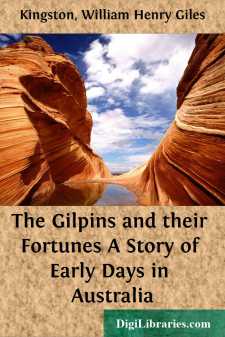Categories
- Antiques & Collectibles 13
- Architecture 36
- Art 48
- Bibles 22
- Biography & Autobiography 815
- Body, Mind & Spirit 144
- Business & Economics 28
- Children's Books 18
- Children's Fiction 14
- Computers 4
- Cooking 94
- Crafts & Hobbies 4
- Drama 346
- Education 58
- Family & Relationships 59
- Fiction 11835
- Games 19
- Gardening 17
- Health & Fitness 34
- History 1378
- House & Home 1
- Humor 147
- Juvenile Fiction 1873
- Juvenile Nonfiction 202
- Language Arts & Disciplines 89
- Law 16
- Literary Collections 686
- Literary Criticism 179
- Mathematics 13
- Medical 41
- Music 40
- Nature 180
- Non-Classifiable 1768
- Performing Arts 7
- Periodicals 1453
- Philosophy 65
- Photography 2
- Poetry 896
- Political Science 203
- Psychology 44
- Reference 154
- Religion 515
- Science 126
- Self-Help 85
- Social Science 83
- Sports & Recreation 34
- Study Aids 3
- Technology & Engineering 60
- Transportation 23
- Travel 463
- True Crime 29
Our website is made possible by displaying online advertisements to our visitors.
Please consider supporting us by disabling your ad blocker.
Taking Tales Instructive and Entertaining Reading
Categories:
Description:
Excerpt
Story 1—Chapter 1.
The Miller of Hillbrook.
There are all sorts of mills: some go by water, undershot or overshot; but if the millpond is dry, or the stream runs low, they come to a standstill. They want help, they must have water, to go on. Next there are steam-mills, which make a great noise and do a great deal of work; but they want coals and water too: if both are not brought to them, they stop and can do nothing. And then there are wind-mills; but everybody knows that wind-mills, though they do stand on the tops of hills, in spite of their great long arms stuck out, are of no use if the wind does not blow. So a man may try to do a great deal of work; but if he tries to get on without the help of his neighbours, and without being willing to help them in return, he will soon find that he too has to come to a standstill. Yes, young or old, rich or poor, must all help each other. Once there came on earth a great Person, great though poor, a carpenter’s son. He only stayed a short time, but all that time He went about doing good to men, helping His fellows; and He died that He might help all men still more, and in a way no other person could have helped them. He came to die, because all men have sinned. He came also to show men how to live—how to act one towards another.
Mark Page, the Miller of Hillbrook, owned a wind-mill on the top of a knoll just above the village. His house and sheds for his carts and horses stood below it, and round it were some fields which were his; so it will be seen that he was well to do in the world. He had a wife and a son and a daughter, and he ought to have been a happy man; but he was not. Things seemed never to go quite right with Mark. Either there was too much wind, or too little wind. If there was little wind he was sure to cry out for more, but once; and then he would have given his mill and his house and fields to have got the wind not to blow. About that I will tell by-and-by.
Sometimes the miller sang—
“When the wind blows,
Then the mill goes:
When the wind drops,
Then the mill stops.”
But he was wont to growl out, “The wind is sure to drop when I have most grist to grind—just to spite me.”
Hillbrook was a nice spot. There was the brook which ran out of the hill, fresh and pure, right through the village. There was not water enough to turn a mill, but enough to give the people right good water to drink and to cook with. It is a sad thing not to have good water. Bad water, from ponds, or ditches, or wells near drains, makes many people ill, and kills not a few. The people of Hillbrook prized their good water. They said, “we have good water and pure air, and now what we have to do is to keep our cottages clean and we shall be well.” They did keep the floors and the walls of their cottages clean, but somehow fevers still came. At times, when the sun was hot, many people were ill: no one could tell how it was.
There was a farm to let, called Hillside farm. No one would take it, for it was said that the land was cold and wet, and too open....












